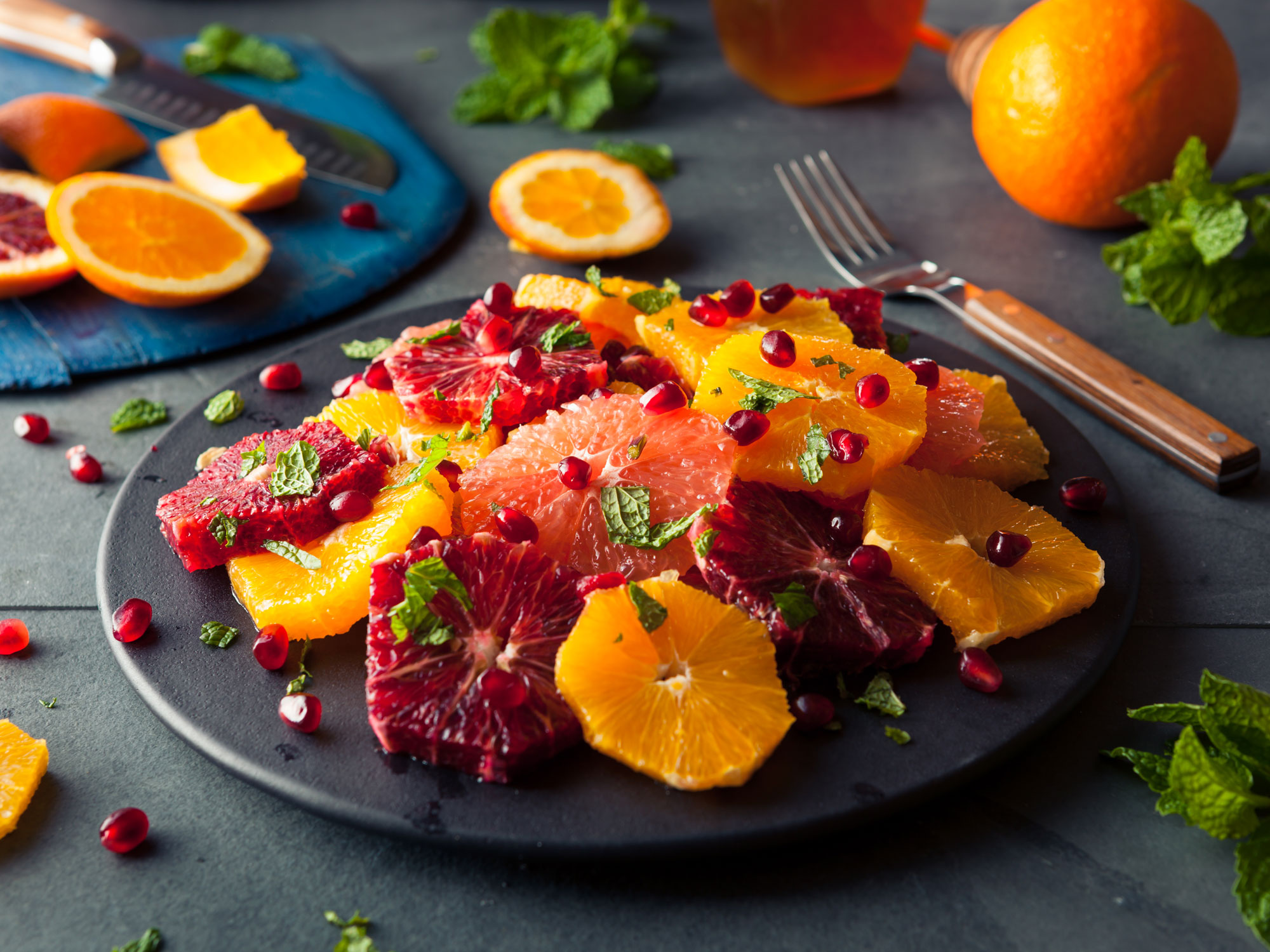

By now, the side effects of cholesterol-lowering statins are well-known…
And it seems like doctors are looking for any excuse to put everyone on them when the only people who may benefit are those with known heart or vascular disease, people with diabetes, and most people with genetically driven very high cholesterol levels (familial hypercholesterolemia).
So, if you’re in general good health, why run the risk of developing diabetes, Parkinson’s disease, breast cancer, dementia, gout or gallstones when you can take control of your health naturally?
If you want to manage your cholesterol, lower your stroke risk and keep your heart healthy, take a stroll down the produce aisle…
That’s because a growing number of health researchers have been examining the connection between citrus fruit and cholesterol levels.
And the evidence is mounting: these juicy treats have cholesterol-lowering benefits and are a safe, sweet option…
Bergamot: an exotic, natural statin
You may not be familiar with the bergamot orange, but you’ve probably enjoyed its tangy citrus aroma in Earl Grey tea.
A cross between a Seville orange and lumia (or pear lemon), it looks more like a large lemon than an orange.
The sour bergamot isn’t a good snacking fruit because it tends to be acidic and tart, but it can be used in light salad dressings, or to flavor seafood dishes, baked goods, even yogurt.
Two compounds in bergamot, brutieridin and meltidin, have been studied. Both are natural antioxidants that demonstrate statin-like effects…
In a 2013 study published in the International Journal of Cardiology, researchers saw a significant reduction in LDL cholesterol when subjects took 1000 mg. of bergamot extract daily for a month.
When these patients had their statins cut in half, their cholesterol levels did not increase.
If you don’t care for the bergamot’s strong citrus flavor, you can purchase bergamot extract in capsule form.
You may also want to read about bergamot’s effect on blood pressure when used as an essential oil.
If you’re not taking statins, try red grapefruit
In 2006, Israeli researchers looked at a group of 57 patients with high blood cholesterol, all of whom had recently undergone coronary bypass surgery, and whose lipid levels were not responding to statin drugs.
Patients who added either red or white grapefruit to their diets for a month showed a significant drop in blood lipid levels. Red grapefruit produced more dramatic results.
Those who didn’t eat grapefruit at all showed no change.
It’s easy to add some grapefruit to your diet. It’s a great way to wake up your senses in the morning. Add a bit of sugar if you need to.
One precaution: If you are already taking statins, it is not advisable to eat grapefruit. Doing so may increase the harmful side effects of statins.
An orange a day …
An apple a day may keep the doctor away, but a daily orange may keep strokes at bay.
An analysis of 14 years of data from 70,000 women in the Nurse’s Health Study shows that eating more citrus fruit (oranges, grapefruits, tangerines and lemons) can reduce your chances of a stroke.
“Studies have shown higher fruit, vegetable and specifically vitamin C intake is associated with reduced stroke risk,” says Aedín Cassidy, Ph.D., the study’s lead author and professor of nutrition at Norwich Medical School at the University of East Anglia in Norwich, United Kingdom. “Flavonoids (compounds in fruits and vegetables) are thought to provide some of that protection through several mechanisms, including improved blood vessel function and an anti-inflammatory effect.”
In this analysis, the flavonoids came primarily from oranges and orange juice (82 percent) and grapefruit and grapefruit juice (14 percent). However, researchers recommended that consumers increase their citrus fruit intake, rather than juice, due to the high sugar content of commercial fruit juices.
The research was reported in Stroke: Journal of the American Heart Association.
All citrus fruits contain a nutrient called d-limonene. It’s what gives them their pleasant aroma.
The peels of lemons and oranges are especially high in d-limonene. This little-known nutrient can dissolve lipid-containing gallstones, and to lower cholesterol naturally.
Eating oranges, or drinking lemonade with pulp, are good ways to get some of this compound. It can also be taken in supplement form.
Other ways to enjoy citrus fruits
The possibilities here are almost endless.
- Include them in a fruit or green salad
- Make some guacamole, and squeeze in the fresh lime juice
- Make candied citrus peel: Cut the peel into long strips, and simmer in sugar and water until they’re tender. Chop them and use them in baked goods, or dip the strips in melted dark chocolate.
And, while you’re at it, don’t forget these other members of the citrus family:
- Tangerine
- Pomelo
- Clementine
- Kumquat
- Ugli fruit
If you’re not sure if you should be taking statins or not, see what cardiologist Dr. Elizabeth Klodas has to say about the subject, here.

